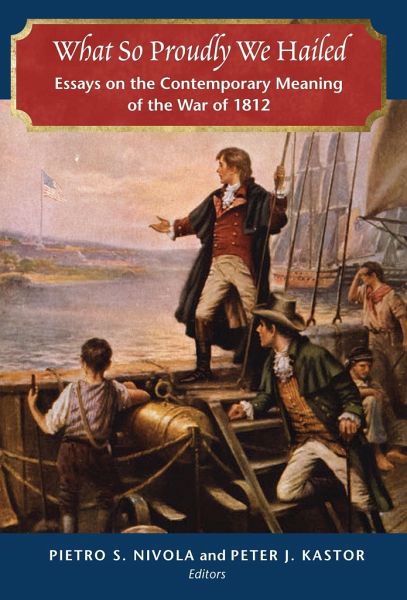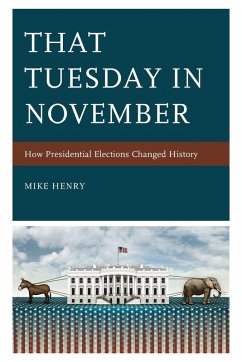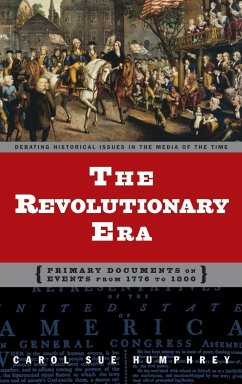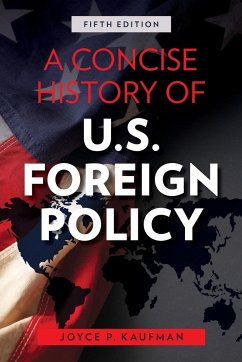
What So Proudly We Hailed
Essays on the Contemporary Meaning of the War of 1812
Herausgeber: Nivola, Pietro S.; Kastor, Peter J.
Versandkostenfrei!
Versandfertig in 1-2 Wochen
35,99 €
inkl. MwSt.

PAYBACK Punkte
18 °P sammeln!
Looks at the War of 1812 in part through the lens of today's America. This provocative book asks: What did Americans learn - and not learn - from the experience? What instructive parallels and distinctions can be drawn with more recent events? How did it shape the nation?














